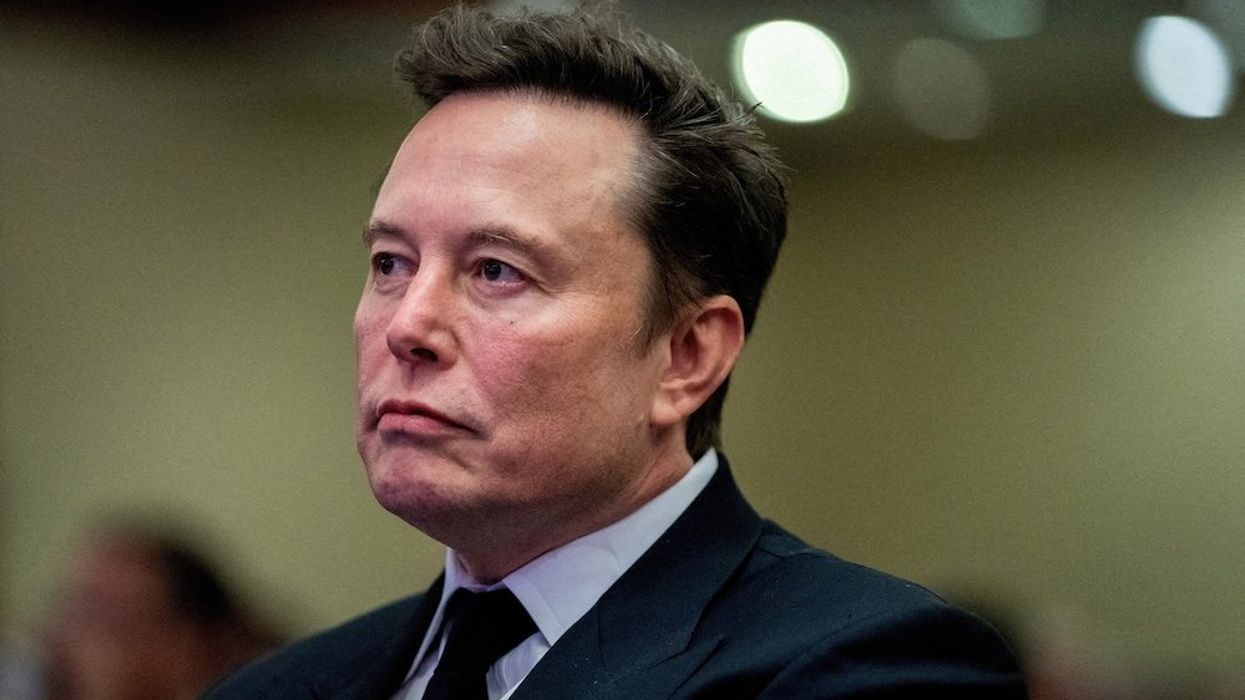Tesla and SpaceX CEO Elon Musk — the world's richest man with more than $320 billion in net worth — is openly planning an effort to gut federal budgets for virtually every agency. But he also stands to personally profit to the tune of potentially billions of dollars if some of those proposed cuts come to fruition, according to the Guardian.
The publication reported Saturday that Musk's "Department of Government Efficiency" (which has no binding budgetary authority as it hasn't been formally authorized by Congress) may serve as a vehicle to his companies getting more government contracts if budget cuts result in some services being privatized. Aside from his electric vehicle and space exploration companies, this could also include his satellite-powered internet service company, Starlink.
One major part of President Joe Biden's Bipartisan Infrastructure Law (BIL) is the approximately $42.5 billion in investments for expanding rural broadband internet access. Guardian reporter George Chidi pointed out that Musk has been a longtime critic of the Biden administration's rollout of that money due to Starlink being "shut out" of those funds due to the government deeming it "too slow to qualify." He further noted: If Musk recommends cuts to government spending on rural fiber optic broadband – as he has repeatedly suggested – it directly increases the value of Starlink’s satellite internet services."
READ MORE: Elon Musk – who has $260 billion — will be charging Helene victims $400 for internet service
“We have never had a situation where the leading shareholder of a communications company has both a position – both in terms of influencing the president, but also having an assignment to drive efficiency in government – with so many government contracts,” telecommunications industry analyst Blair Levin told the Guardian. “That is an extraordinary situation. That is unprecedented.”
Chidi explained that large telecom companies like AT&T and Comcast/Xfinity got the bulk of the government contracts for rural broadband internet access, which set a benchmark of 100 megabits per second for download speed, 20 megabits per second for upload speed and periods of latency limited to just 100 milliseconds. Starlink currently fails to meet this benchmark, with median download speed coming in at less than 65 megabits per second as of late 2023.
In a late November op-ed for the Wall Street Journal, both Musk and billionaire pharmaceuticals investor Vivek Ramaswamy outlined their plans to fire thousands of government workers and drastically reduce federal budgets by seeking out "regulatory rescissions" and "administrative reductions." They also called for the repeal of the1974 Impoundment Control Act, which prevents presidents from withholding federal funding already appropriated by Congress — like, for instance, the BIL money for broadband internet access. Levin told Chidi that this "would tie the program in legal knots as lawsuits abound," which she further argued was "the point."
“While states and others could file legal actions to stop such a pause, we think most courts would be reluctant to enjoin or otherwise stop the administration from reconsidering some elements of the program," she said. "Even actions of dubious legality can benefit Starlink through delay or through litigation.”
READ MORE: Elon Musk — who rails against 'illegals in America' — revealed to be an illegal immigrant
Click here to read the Guardian's report in full.


